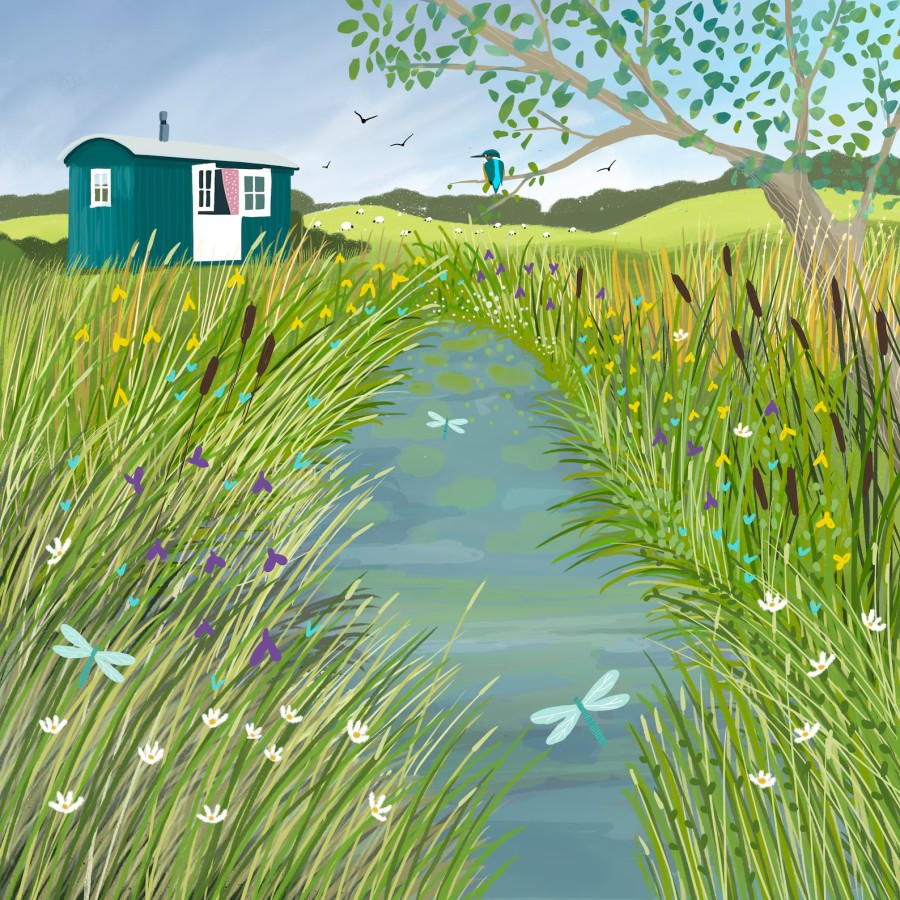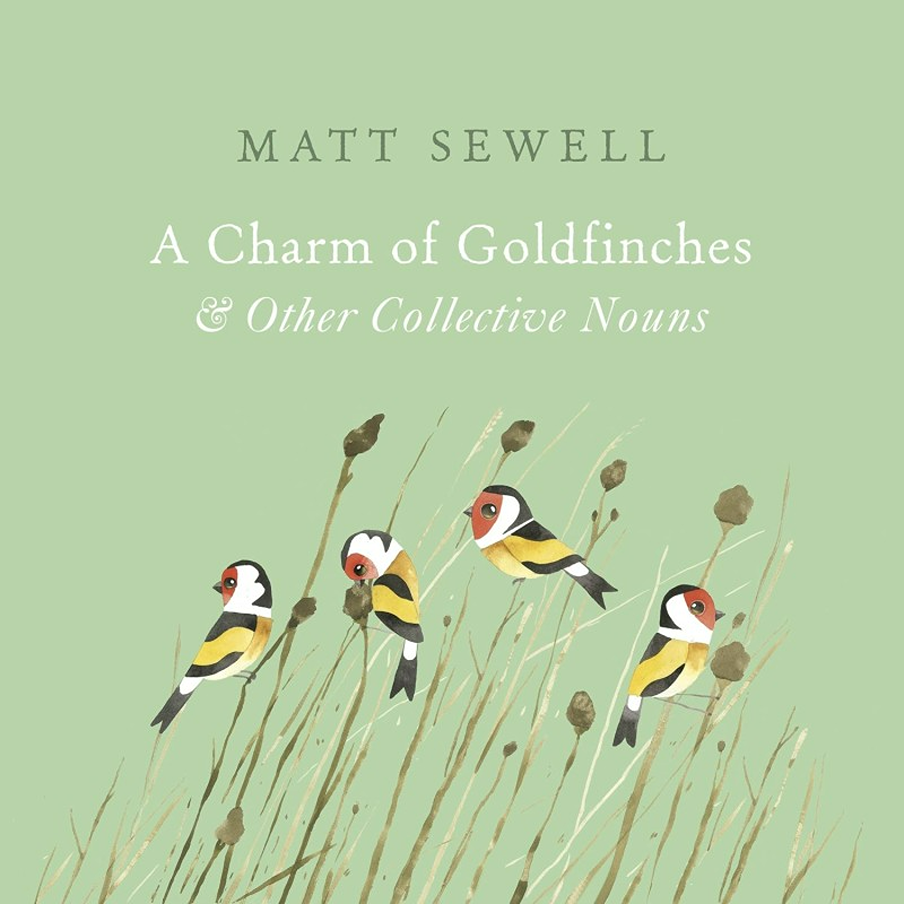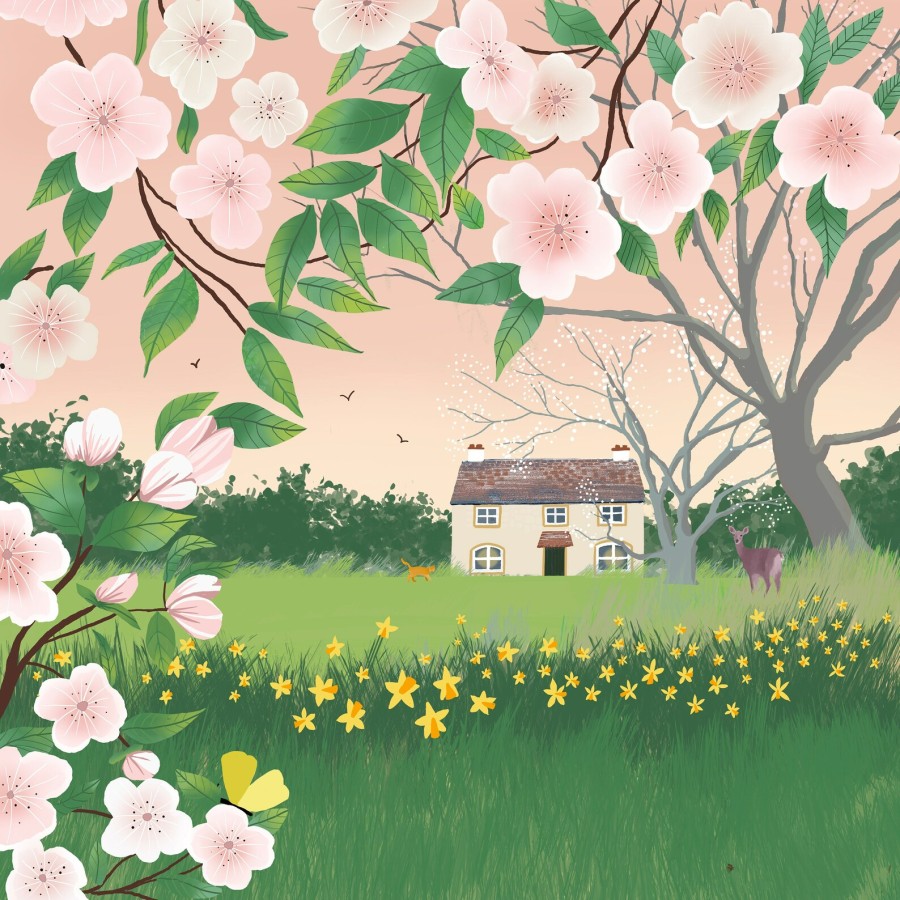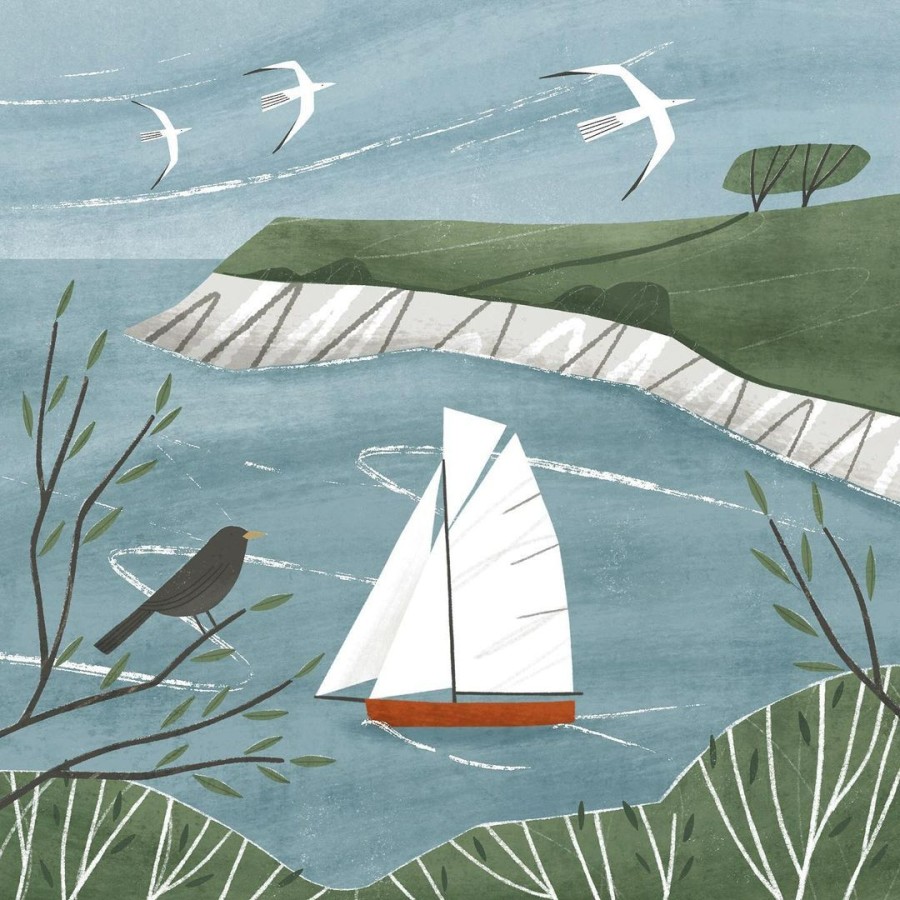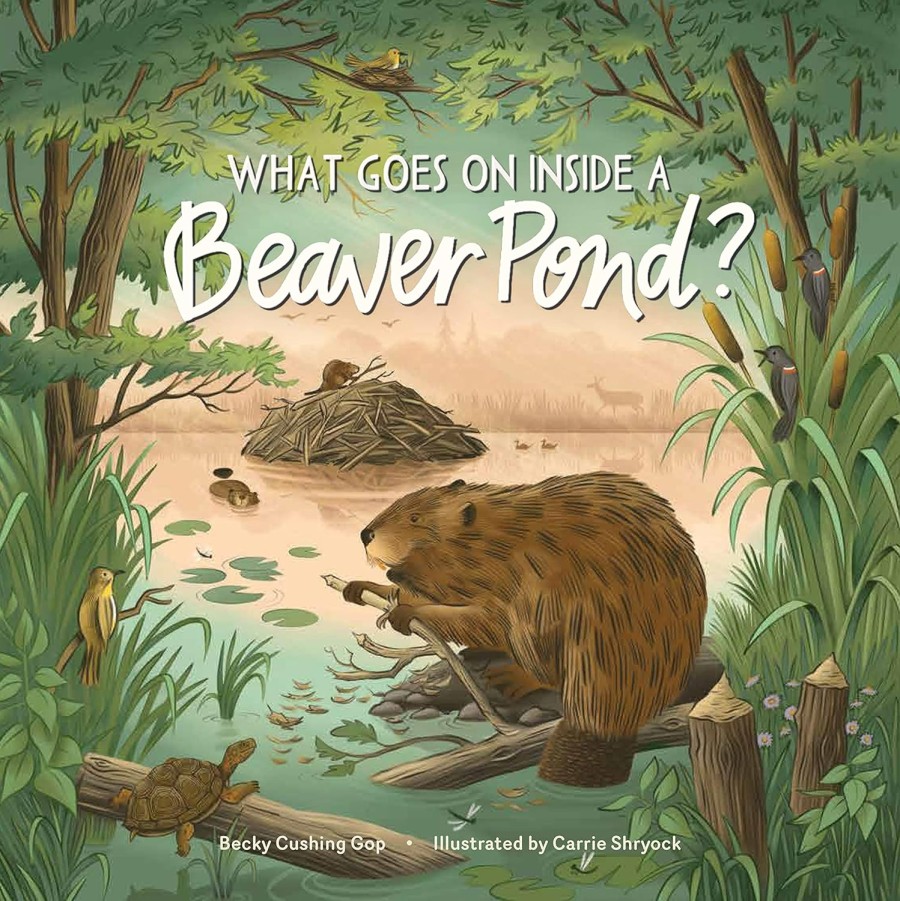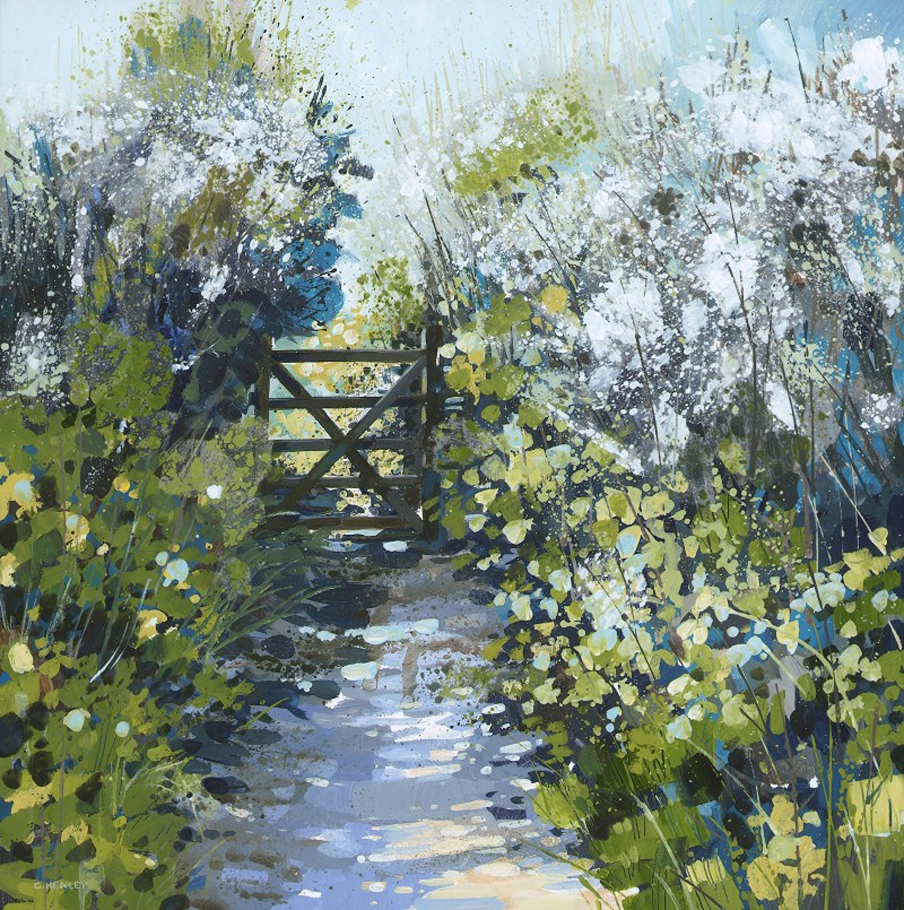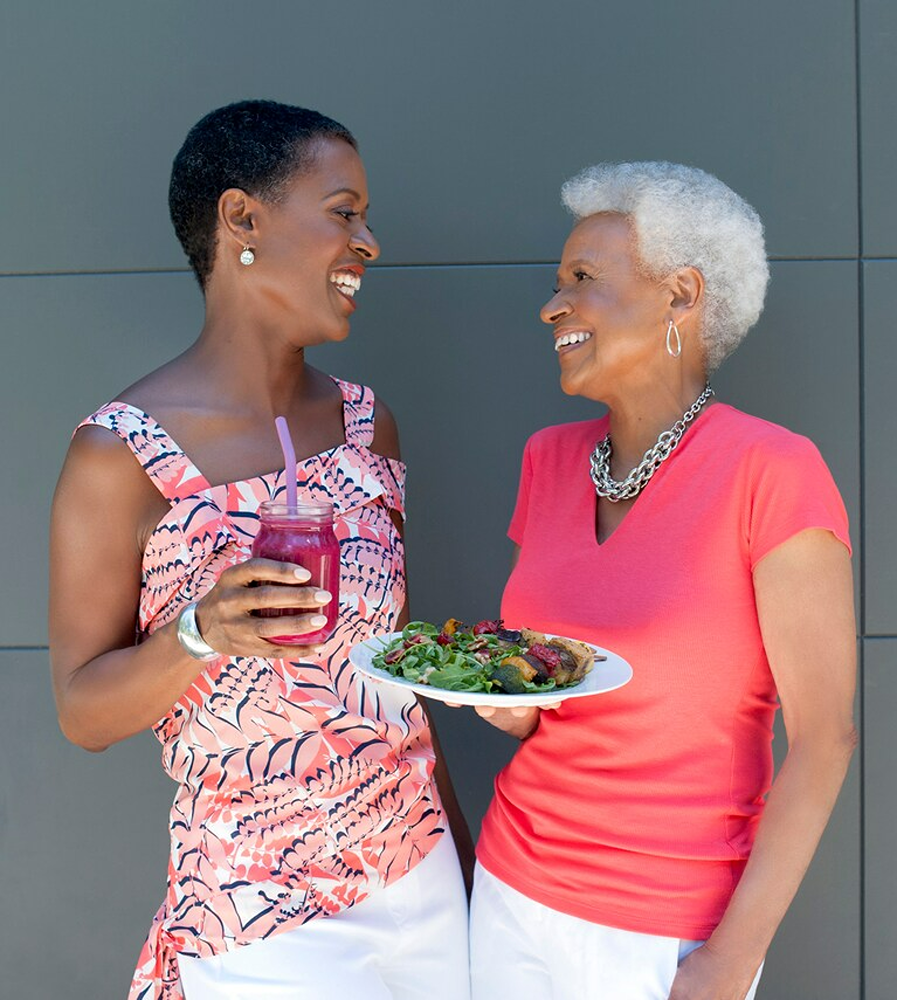
Environmental racism is serious and widespread in society. For instance, most areas on earth poisoned by unclean water and polluted air are where black people live. We have western baby formula companies marketing ‘free formula’ to poor mothers in developing countries (who then when they can’t afford it when they leave hospital end up watering it down with unclean water, leading to deaths of babies). Often people of colour are paid lower wages and have less access to good healthcare.
In restaurants we see Latino workers in the kitchen who are being paid substandard wages. The saddest thing to me is that these are the people with least access to good food. Yet they’re often suffering the highest rates of obesity and diet-related illnesses. Bryant Terry
We have western companies that make plastic-wrapped sanitary pads encouraging us to send ‘free pads’ to countries ravaged by AIDS where people then share pads and have no sewage systems so they end up in landfills. In Gambia, Bakoteh rubbish dump is the most toxic in the world, housed with all the electronic trash we are encouraged to send over there, when we’ve finished with it here. And in India, one river is so polluted with dye from blue jeans made for western markets, that the local street dogs have literally turned blue, from drinking the water.
It’s the same with food. Most black and Asian people are lactose-intolerant. So across the western world, politicians are lobbied by dairy companies to offer free milk (with few alternatives) to children who then get diseases from drinking it. African-Americans in the US have higher levels of type-2 diabetes, often caused by having lower incomes and biased marketing to eat foods that are no good for them. Black nutritionist Tracye McQuirter (who wrote a book with her mother, above) is at the forefront of creating change.
People think that because a parent had a chronic disease, they are designed to get it too. I tell them it’s not the genes, it’s the greens. Tracye McQuirter
people of colour protecting the planet
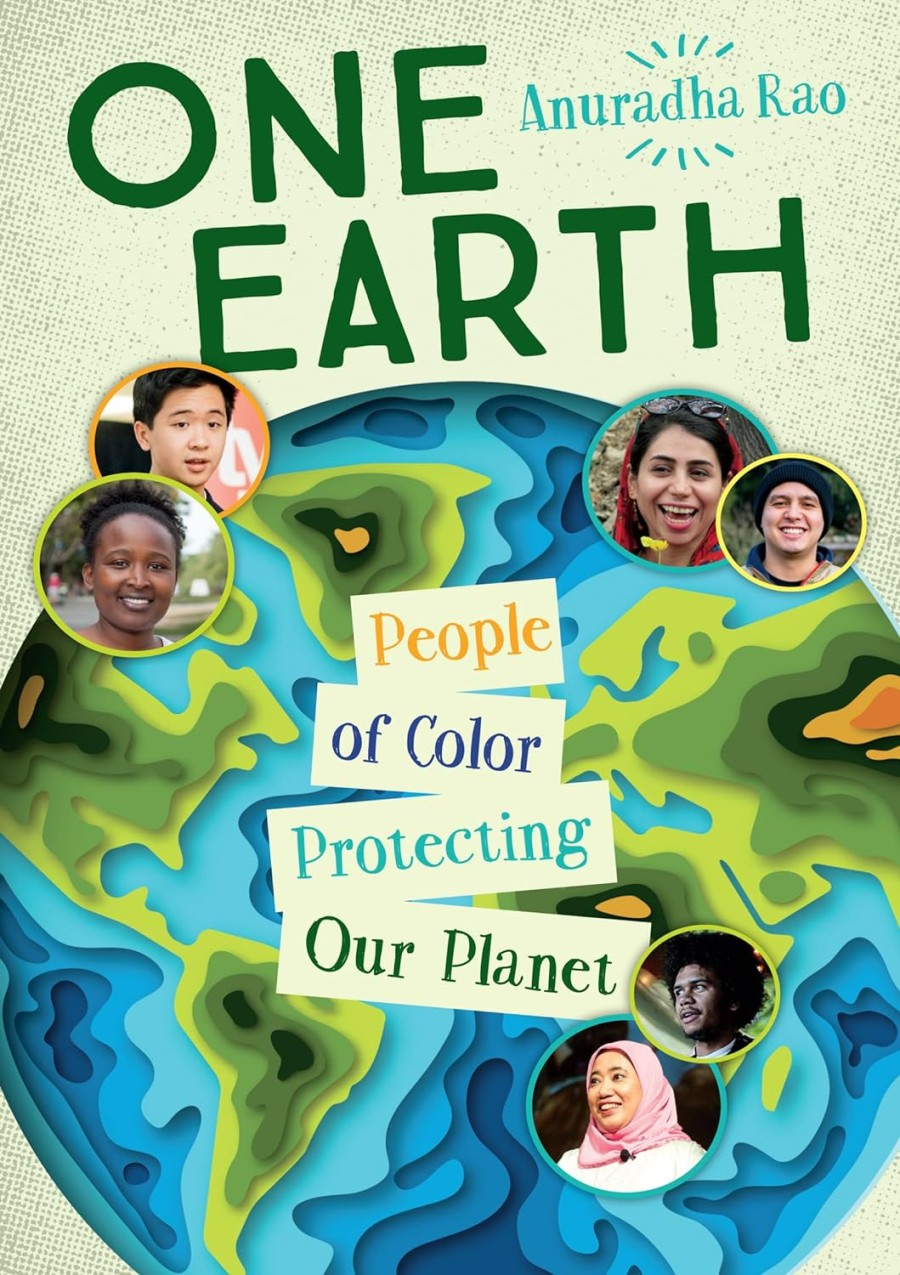
One Earth is a unique book from a conservation biologist, profiling 20 environmental defenders. From saving ancient trees on Canada’s west coast to protecting dolphins in India to uncovering racial inequalities in the food system in the USA – these heroes are celebrated, with descriptions on how they went from being children who cared about the planet, to community leaders in their field.
Racism these days is not just confined to black and Asian people. It also extends to Jewish people and the gypsy/travelling community. A recent survey found that 40% of white Irish people have experienced racial assault. Racism exists, but we know from other areas of society, that beating people up and shouting things is not the answer. Former Jain monk Satish Kumar (who likely experienced racism himself when he first came to England many decades ago) writes in his books that ‘shouting and ranting for world peace, is like churning sand to make butter’. Aussie writer Andrew Matthews once asked his dad why people were beating each other up on TV. His dad answered ‘Because they want world peace’.
Many people cheered when the statue of former slave trader Edward Colson was thrown into Bristol Harbour. Toppling it down was one thing – but the harbour is home to 70 species of birds, 18 butterflies, endangered peregrine falcons, cormorants, rare mining bees and acid heathland plants like gorse and heather. What did they do to deserve a mighty statue covered in toxic paint being hurtled into their watery home?
A few good books is likely the answer to everything. If you have a go at racists thinking they are racist, you’ll never win. But if you say they are simply uneducated, things can get better. Years ago there was a really good BBC2 program where two pole opposites of people would spend a week together. One Tory MP spent a week with travellers and burst into tears (and was comforted by them).
Some didn’t go so well (a vegan who wouldn’t have a sick lamb put to sleep was paired with a sheep farmer who wanted the vegan to get involved – no compromise either way). But one huge success story was of a neo-Nazi skinhead who spent a week with a young black man and his family. Turns out he had never been shown love. Not only did he ‘cure his racism’, but he was regularly invited back for his mum’s home-cooked meals. There you have the answer.
Say No to Racism is a nice little pocket book. Get all the facts on what racism is and how people suffer, then find tips to address racism and unconcious bias, to be a true ally to all.
Talking To Children About Race is a guide to raise children who are not racist. It looks at the history of white privilege, and offers tips to empower all children. The book was written after the authors were shocked into explaining racism to their own children, following the death of George Floyd.
If you know anyone who’s racist, rather than throwing statues or marching down streets, get them to watch The Defiant Ones. This marvellous 1958 film portrays a white and black man on the run from chain gangs, and can’t separate due to the metal holding them together. Highly reviewed, Tony Curtis (who took the role after Marlon Brando had to pull out due to contractual obligations) was warned not to do the film in a racist USA at the time, but he did it all the same. And he insisted Sidney Poitier’s name took top billing, unheard of at the time.
Jack would be seething at his death (and his life) being used to perpetuate an agenda of hate that he gave his everything fighting against. What Jack would want from this is for all of us to walk through the door he has booted down. Where we do not slash prison budgets and where we focus on rehabilitation not revenge. Jack believed in the goodness of humanity. Borrow his intelligence, share his drive, feel his passion, burn with his anger and extinguish hatred with his kindness. Never give up his fight. David Merritt (father of Jack Merritt, who with Saskia Jones was killed in a London Bridge terrorist attack)

